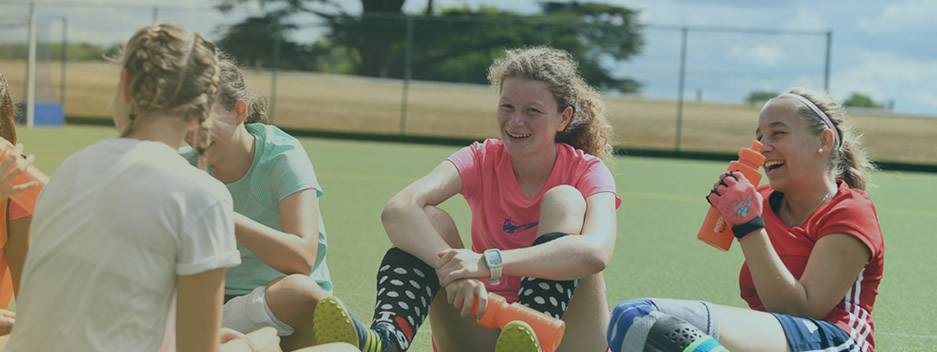4 Approaches to Coach Players as People First
- May 21st, 2019
- Tom Bean

On the face of it, coaching is the production of ideas and methods to teach tactical and technical elements - it is a science which, if followed, will encourage individuals to improve results.
Yet beneath the science lies an art of coaching which knits empathy and personality into production. An expert coach is just as, if not more, adept at managing relationships as they are at developing new concepts.
Progressive tactics and technical theories become redundant if the relationship between coach and player is strained and lacks chemistry. Regardless of coaching styles, the fact is the same - even the most autocratic of coaches need the trust of their players to be able to impose their ideas effectively.
The mindset of the coach is reflected in their players.
A lot was said about Pep Guardiola's Manchester City team; their intensity, their drive, their ruthlessness to continually seek improvement came from having the best players. Maybe... but in reality, their virtue is simply a reflection of Guardiola's personality.
You just need to look at his lecture with Raheem Sterling minutes after winning the FA Cup Final. Sterling had just scored twice in the 6-0 victory, yet Guardiola was still passionately reciting moments in the game where Sterling could have been better.
Their intense discussion continued whilst the team celebrated around them; but this wasn't Guardiola publicly scolding a player, it was a display of the strength in their relationship - it was an act only afforded to him because of how he's managed their relationship throughout the season and beyond.
He knows his players on a personal level, is honest with what he expects, allows the communication to be both ways and unconditionally supports them. Because of this, the players buy into his concepts and replicate his mentality on the field of play.
Know your Players
Your players are people, get to know them. Find out their motivations, their life away from sport and how they act socially.
Developing a relationship which isn't consumed by the sport builds trust, it shows you have an interest in them as a person as well as an athlete. You can then understand how best to manage your relationship - do they like to be pushed? Do they prefer an arm around the shoulder when it goes wrong?
Be Honest with Expectations
Lay out your expectations early and be transparent. When your players know what is expected in terms of performance, behaviour and effort, they can buy into your plans with a clear idea of their own required standards.
When players standards drop, the expectations you set out give you consistent guidelines to refer to throughout the season. This consistency reduces any dissonance as every player knew what was expected from the outset, making it easier to be honest and pin-point reasons why performances slip.
Communicate Both Ways
Players need to trust you; by giving them the freedom to communicate their ideas and air their issues makes players feel valued.
Trust develops when you make it a 'person-to-person' conversation rather than a 'coach-to-player' dialogue. Your aim should be to create a transparent environment where everyone has a voice to air issues and take on-board comments and pointers.
Enduring Support
Unwavering support is the basis to develop a personal relationship with your players. This isn't to say that you can't be negative; when things aren't going well, you should give them a nudge to get them re-focussed. However, everything must stem from supporting your players.
As soon as things go wrong, don't cut ties and lump the blame onto individuals. Support them and think about what you can do differently to help them - try to give feedback to get them thinking about self-evaluation to produce a more resilient, effective athlete.
The more players buy into the coaches personality, the more they become an extension of it. A coaches mentality resonates on the pitch through the players performance and is a reflection of the relationship away from the field of play.
This has been no more obvious than in Manchester City's performances, their coaches intensity and dedication is emulated in their performances - why? Because he understands that players are people first.